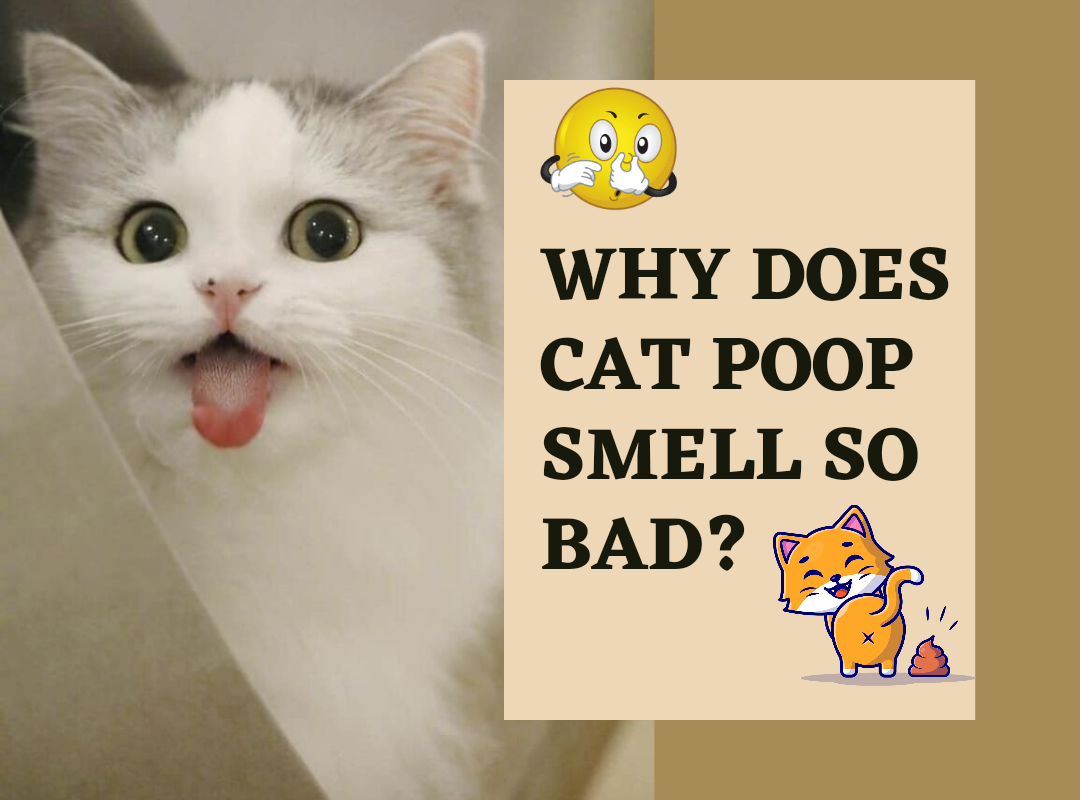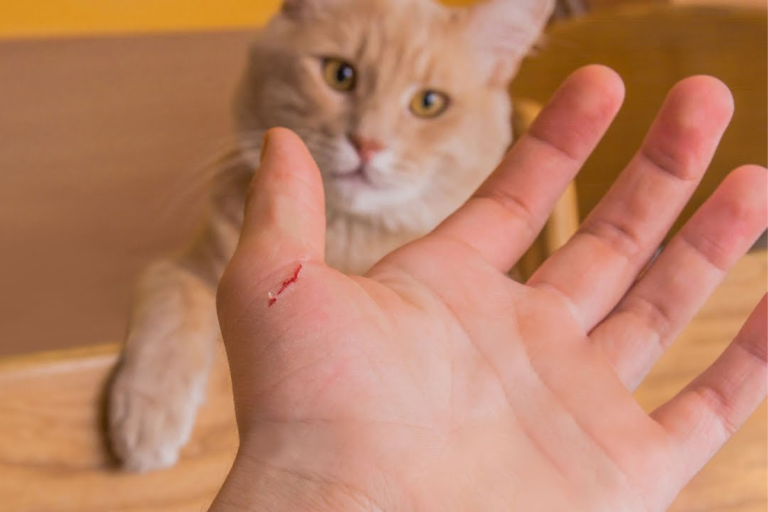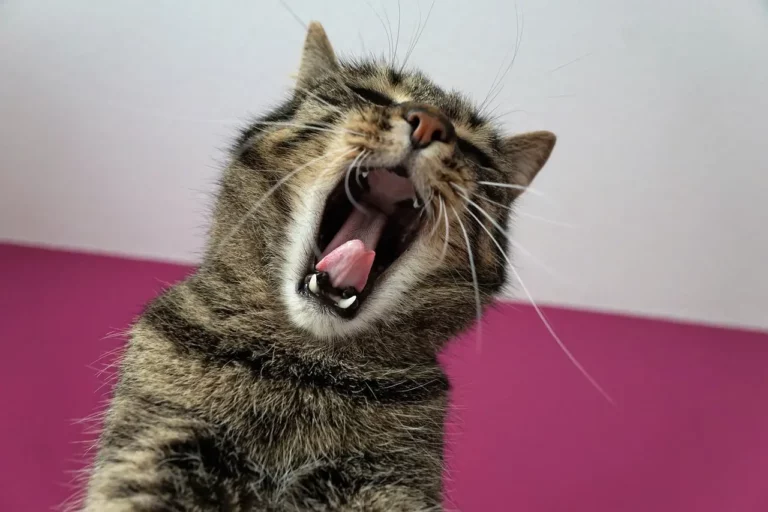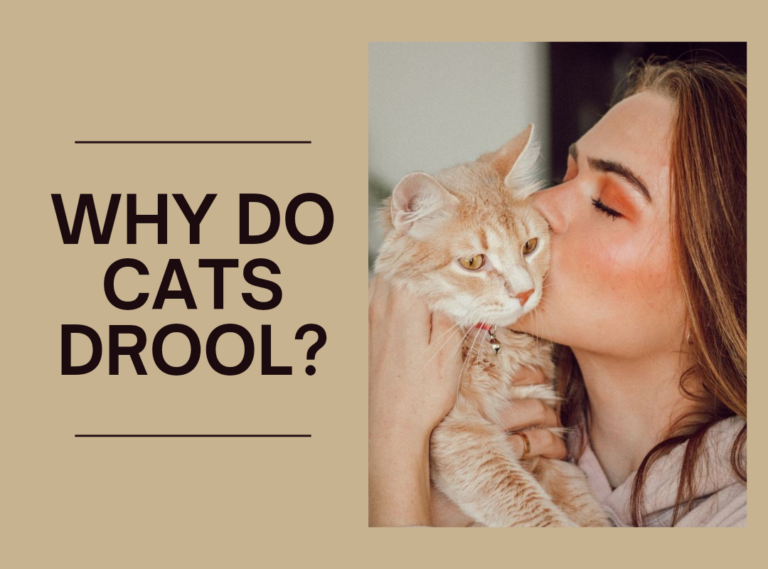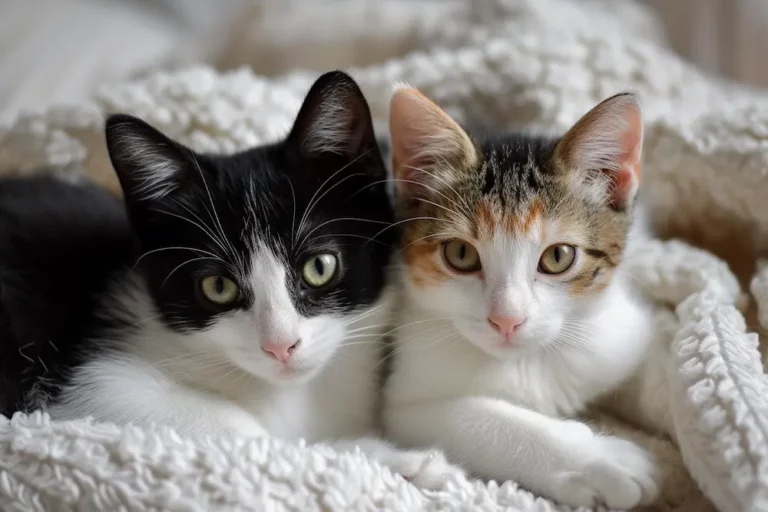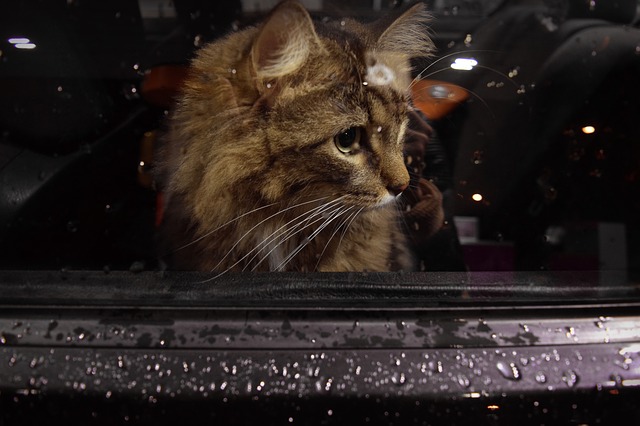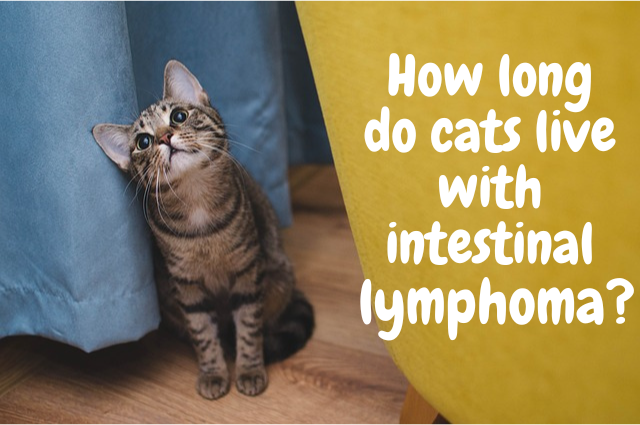Why Does Cat Poop Smell So Bad?
If you ever had to clean a kitty litter, chances are you did not have a pleasant experience. It does not help that the litter box is also indoors which make the odor more apparent. Further, diarrhea and cat constipation can worsen the smell. So if you’re not easily upset about this topic, read on to find out what makes
1. Diet
Changes in their diet or sensitivities to certain ingredients in
2. Digestive Problems
Cats are prone to having problems with their GI tract leading to foul-smelling feces. Mal-digestion of fats, grains, or starches and malabsorption of vitamins and nutrients can cause the stools to smell rancid.
Malabsorption disorders like lactose intolerance and pancreatitis should be treated to get the poop not-so-smelly again.
3. Parasitic or bacterial infection
Parasites can cause malabsorption disorders as well as chronic diarrhea, and upset stomach issues. Certain parasites can produce extremely foul feces even with no diarrhea. Trichomonas, Giardia, and Coccidia are some odorous parasites. Smelly stools can also be a sign of E.coli or Salmonella infection. Bacteria also produce foul gases.
4. Anal Infection
Cats have two anal sacs that can get clogged and infected. Infection in the anal glands can result in runny and smelly poop when drained. The smell tends to linger in the litter box.
5. Medication and hormonal changes
Medications for pain and altering the hormones of a
6. Fecal components
Cat poop will always be smelly, but if you can smell it from one to two feet away, that is extreme. What makes
Japanese research also found that
Wrap-Up
What goes into a
Avoid placing the litter box in an enclosed area and especially not in the kitchen. The litter box should be kept in a well-ventilated area to keep the odor from staying in the room. Deodorizing litter may also help counter the smells of
